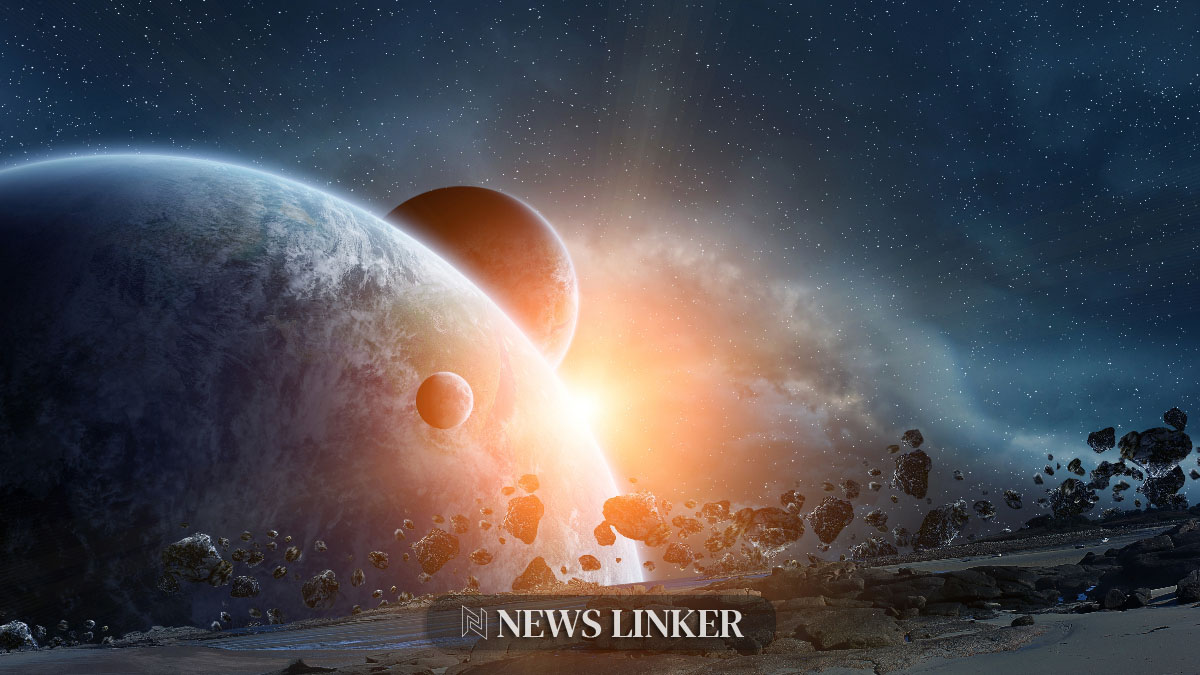Black holes, the enigmatic remnants of massive stars, possess no mechanism for destruction within known physical processes. These cosmic entities, characterized by an event horizon from which even light cannot escape, mark the boundary of our observational capabilities. Despite their perceived permanence, black holes may not be as stable as once thought, with theories suggesting possibilities for their evaporation and even destruction.
The Event Horizon and Beyond
At the heart of black hole theory lies the event horizon, a conceptual boundary that marks the point of no return for matter and light. The idea, dating back to 1783 by John Michell, evolved with the advent of special relativity, emphasizing the speed of light as a cosmic speed limit. Modern physics grapples with the limitations imposed by the event horizon, concealing the black hole’s inner workings from scientific observation. Researchers like Ted Jacobson and Thomas Sotiriou propose methods to expose these inner mechanics by manipulating the black hole’s angular momentum and charge, theoretically removing the event horizon and revealing the underlying singularity.
In this context, the study “Gedanken experiments to destroy a black hole. II. Kerr-Newman black holes cannot be overcharged or overspun” delves into theoretical experiments designed to test the limits of black holes’ perceived immutability. It extends previous findings, demonstrating that not only extremal Kerr-Newman black holes resist destruction by test particles but also that no form of matter can lead to their overcharging or overspinning as long as it adheres to the zero-energy condition of the stress-energy tensor. This investigation further refutes the possibility of destabilizing non-extreme Kerr-Newman black holes through such theoretical manipulations. A pivotal development from this research is the derivation of a formula for calculating second-order corrections to the black hole’s mass without needing to consider self-force or finite size effects directly, reinforcing the robustness of black holes against theoretical attempts at destruction.
Evaporation and the Hawking Radiation
In a groundbreaking shift from traditional thought, Stephen Hawking introduced the concept that black holes could evaporate over time. This process, known as Hawking radiation, suggests that particle-antiparticle pairs generated at the event horizon could result in one particle escaping, gradually reducing the black hole’s mass. This theory introduces a dynamic aspect to black holes, indicating they might not be eternal after all. However, the practical observation of such phenomena, especially for the colossal black holes known to exist, remains a significant challenge due to the minuscule effect of Hawking radiation on their overall mass.
In summary, while black holes were once thought to be indestructible voids, modern theoretical physics introduces concepts that challenge this notion. The rigorous analysis provided by studies like “Gedanken experiments to destroy a black hole. II.” emphasizes the durability of Kerr-Newman black holes against theoretical attempts at overcharging or overspinning, aligning with the broader narrative that black holes, despite potential pathways to evaporation or singularity exposure, remain some of the most intriguing and resilient phenomena in the cosmos. The true nature and fate of black holes, while subject to further speculation and study, continue to fascinate and challenge our understanding of the universe.










